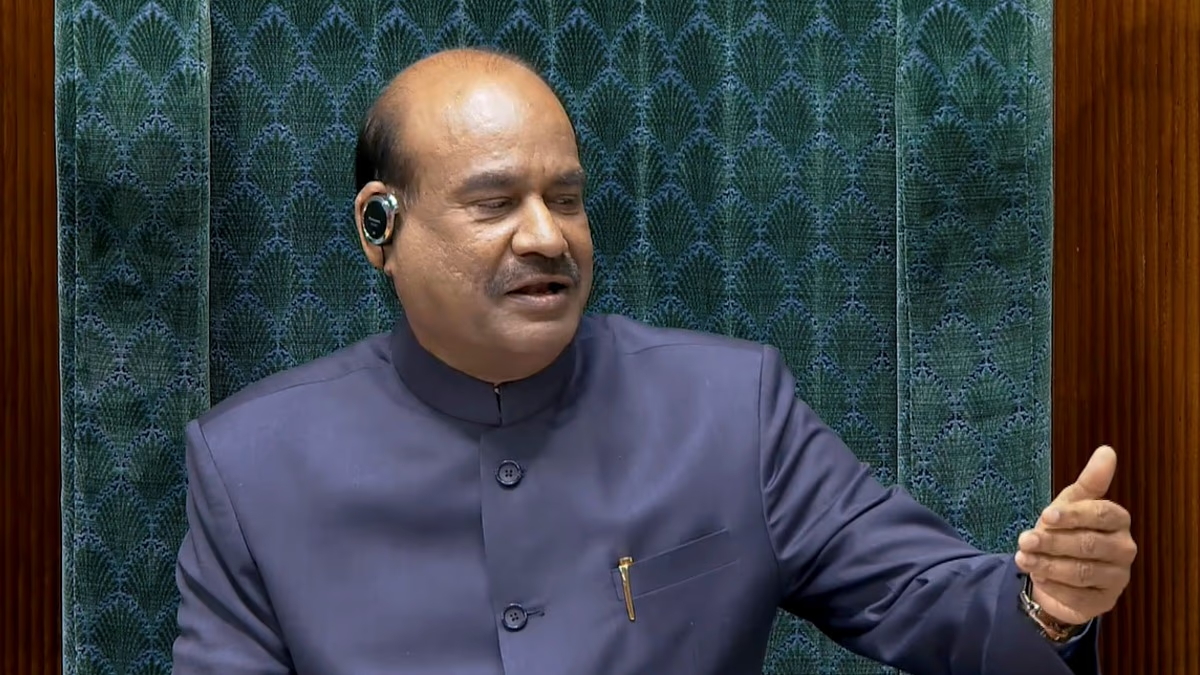The Chinese creation, AI DeepSeek, has captivated the world. This Chinese AI has posed a challenge to American firms, so much so that former U.S. President Donald Trump urged American companies to 'wake up' concerning DeepSeek. Remarkably, a Chinese startup crafted this AI with just a few hundred-thousand dollars in merely two months.
The buzz around DeepSeek R1 largely stems from its cost-effectiveness. The company developed it with limited resources yet poised it to rival the bots of Meta and OpenAI. This isn't the first AI bot from a Chinese entity.
Though numerous Chinese companies previously launched AI models, none matched the prowess of OpenAI's ChatGPT, Google Gemini, or Meta AI.
DeepSeek
demonstrates that the essence of crafting a powerful AI model lies in having indomitable willpower. Amidst this, the question arises about India's position in this race. Ola had launched Krutrim AI, which hasn't gained significant popularity here yet.
In the ever-evolving AI landscape dominated by China and America, India's name seems absent. Have we fallen out of the race, or were we ever in it? It appears the truth is neither. China's ascent in AI serves as a wake-up call for India. There's a pressing need for the Indian government and companies to heed this call.
Looking at the tech world, while India created the globally acclaimed UPI, it hasn't produced another breakthrough technology. Unlike China, we lack a formidable global smartphone brand. Most popular smartphones in India today are Chinese, but we lack a robust indigenous brand.
Neither have we developed a global tech company akin to Google or Apple. Thus, it's imperative for the Indian government and major companies to dive into research and development in this sector swiftly. Although we're currently not in the AI race, research in the right direction could pave the way. The best testament to this is UPI, which offered a reliable and affordable service globally.
AI is still burgeoning, with continual shifts anticipated. Over the next decade, AI will reach its zenith, presenting an opportunity for us to offer alternatives. Although China's models are affordable, trust remains an issue, owing to allegations of espionage linked to China.
Conversely, while American models are reliable, they come with hefty price tags. If Indian companies embark on creating AI that's both affordable and trustworthy, we could qualify in this race. Our approach should mirror ISRO's. Although we entered the space technology realm relatively late, we presented a cost-effective and reliable solution to the world. The same approach is essential for the AI sector — to develop a model that's both economical and reliable.




